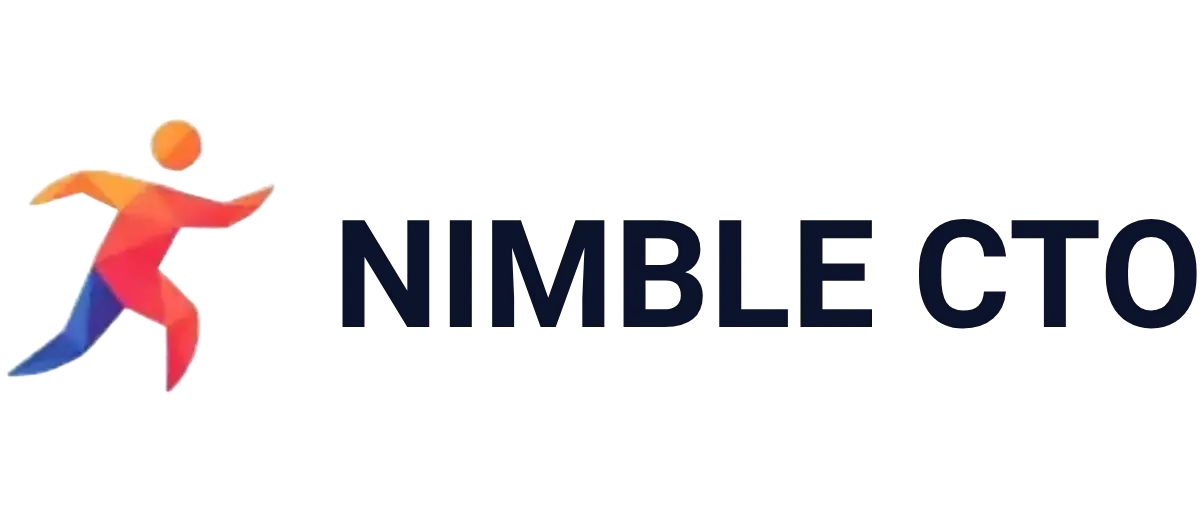A couple of days ago, Fred Wilson wrote an interesting post on Code As a Craft, where he stated:
“Software engineers are the guts of every company we are invested in. Their work is often behind the scenes and all that most of us see is the end product, and often just the front end of the end product.”
The comments are full of links to other great resources on the topic – what a great post, and as usual, it got me thinking about how these important philosophies are implemented in the startup world. In particular, how cloud computing, SaaS and open source has greatly enabled the efficiency of startup development.
One of the most exciting examples is a company called Assembla. I tell every entrepreneur about this company, because I believe they efficiently enable some extremely important, modern development philosophies. Just as startups don’t need to sink millions into their product’s hardware infrastructure – development teams don’t have to invest heavily in building a world class development environment inside their firewall and they can scale quickly with fixed costs.

- Assembla, inspired by Web 2.0 concepts, cloud computing and open source practices enable a startup to configure numerous development environment tools that integrate nicely to let a development team quickly focus on building their product rather than their own tool set.
- Every development team needs a source repository – Assembla currently offers 3 choices – Subversion, Git and Mercurial version control.
- Many of the best development teams are distributed today – outsourcing, large companies with many locations, a couple of remote developers or anybody with specialized development needs found in other parts of the world. Assembla provides tools that effectively enable a reasonable management process focused on team collaborate – including integrated wiki, file sharing, threaded discussions, persistent chats and annotated image sharing.
- In addition, Assembla has integrate a ticketing system that can easily be used to support customer issues, track bugs, support an agile discipline, link requirements to code and tasks, manage milestones and calendars, track time and even generate invoices.
Assembla has done a great job of providing many of the common development environment tools and integrated them nicely with a ton of configuration options that allow you to easily and efficiently support your development efforts.
One final thought on the value, beyond development tools. I’ve been on both the selling and buying side of several M&A deals and companies routinely fail to fully monetize their technology intellectual property. A nice product that works and scales will check the box, but with a product like Assembla – the acquiring business will get integrated tickets, threaded discussions, link requirement documentation and the entire history of the product. That’s worth a ton more than a pile of undocumented code.


![Reblog this post [with Zemanta]](http://img.zemanta.com/reblog_e.png?x-id=9a3a163a-65be-4ec4-940a-dd26c6d25b7d)
No responses yet